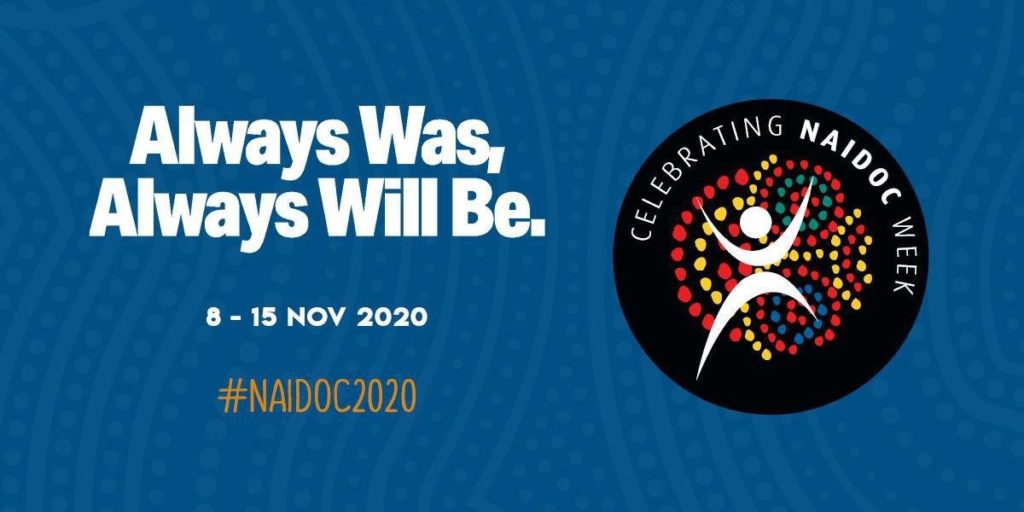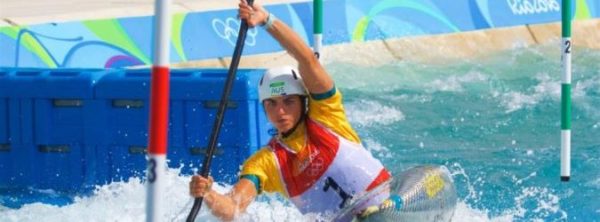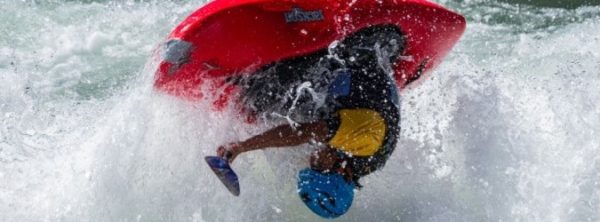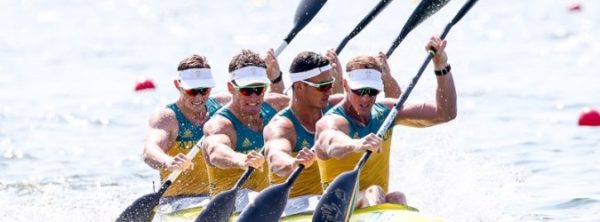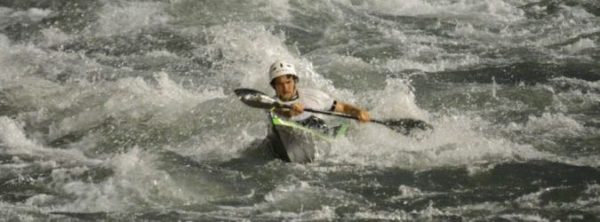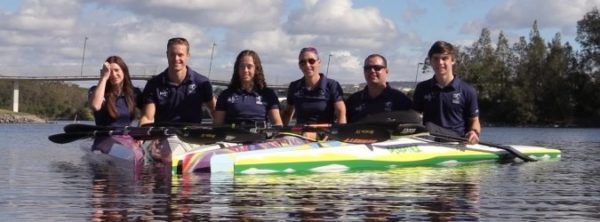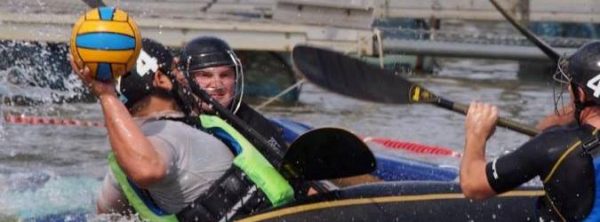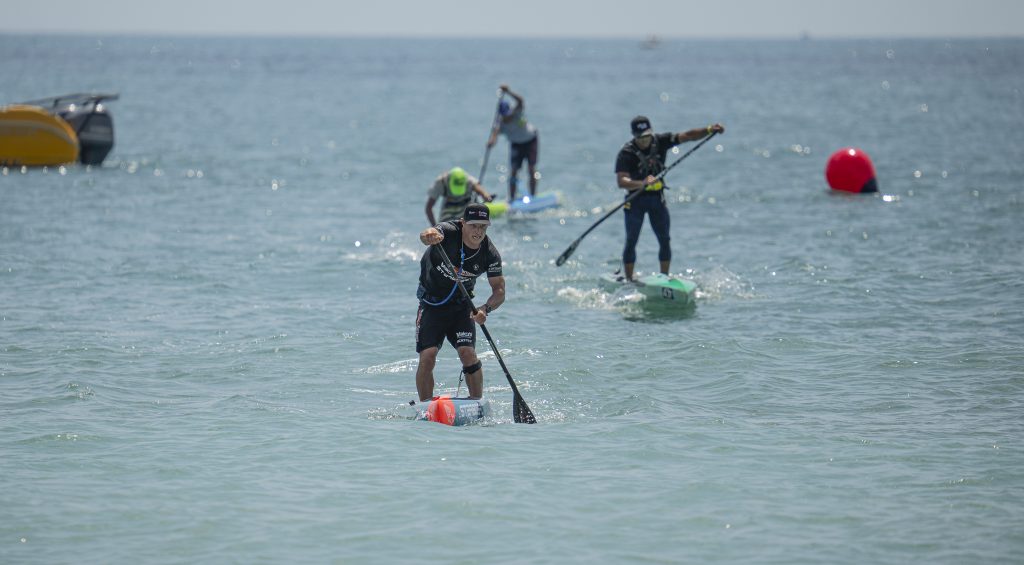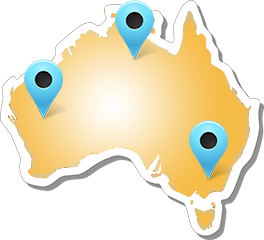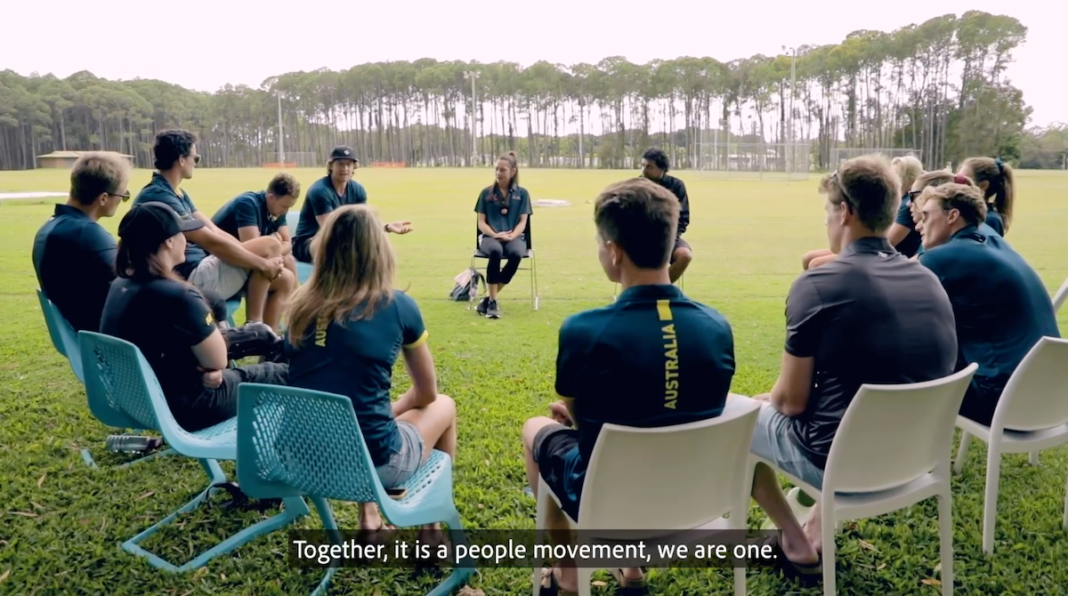Olympic, Paralympic and Commonwealth Games athletes have gained a greater appreciation of Aboriginal and Torres Strait Islander history and culture, starting at a place very close to their hearts – their own sporting venues.
In the lead-up to NAIDOC week from 8-15 November 2020, groups of athletes met with traditional landowners at their home training venue as part of the Australian Institute of Sport (AIS) Share a Yarn initiative, including at Paddle Australia’s National Centre of Excellence – Canoe Sprint at Pizzey Park, Gold Coast.
Athletes shared a yarn with local indigenous custodians at six sporting locations around the country, learning about the history and significance of the land, but also building ongoing relationships with the indigenous community in their local area.
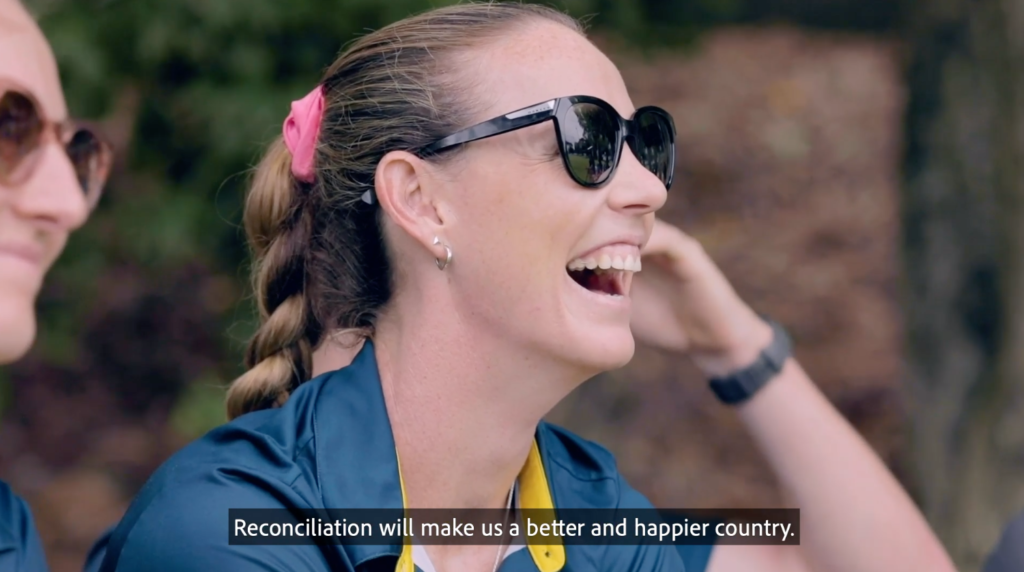 “The yarn circle we had was an opportunity to ask what we previously deemed as uncomfortable questions which challenged our knowledge and awareness of our First Nations People. It was so great to see and hear their passion for their culture and their connection with the land and it left all of us wanting to learn more,” Olympian Alyce Wood said.
“The yarn circle we had was an opportunity to ask what we previously deemed as uncomfortable questions which challenged our knowledge and awareness of our First Nations People. It was so great to see and hear their passion for their culture and their connection with the land and it left all of us wanting to learn more,” Olympian Alyce Wood said.
“As athletes, I believe we have a responsibility to continue our learnings and help share the message of ‘Always Was, Always Will Be’ by properly recognising the traditional custodians of this land.”
The Gold Coast training group will also be visiting the Jellurgal Centre in Burleigh on Thursday, while ‘Share a Yarn’ events will also be take place at other training locations.
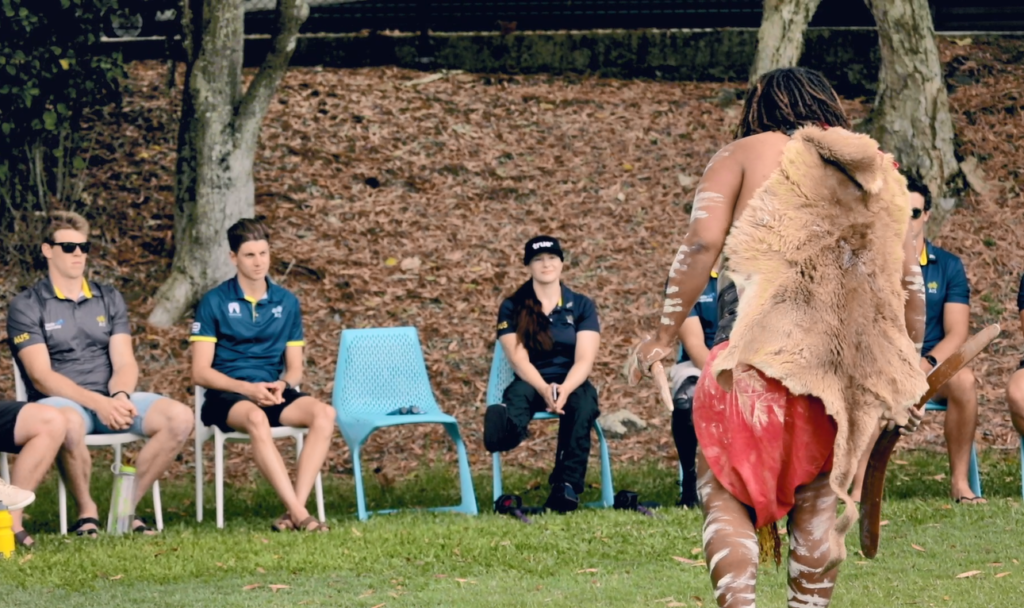 “It was really great to learn about the area that we train on from the First Nations people. It definitely made me super keen to learn more about their culture and perspectives, so I am really looking forward to visiting the (Jellurgal) cultural centre later this week. This event was really a starting point to develop an ongoing relationship and better connection with the indigenous community,” Paralympian Susan Seipel said.
“It was really great to learn about the area that we train on from the First Nations people. It definitely made me super keen to learn more about their culture and perspectives, so I am really looking forward to visiting the (Jellurgal) cultural centre later this week. This event was really a starting point to develop an ongoing relationship and better connection with the indigenous community,” Paralympian Susan Seipel said.
Activities took place in Canberra, Adelaide, Sydney and the Gold Coast. To acknowledge NAIDOC week and the theme ‘Always Was, Always Will Be’, the AIS release a video series highlighting these activities and encouraging all in the sporting community to learn more about the traditional owners of the land on which they train and compete.
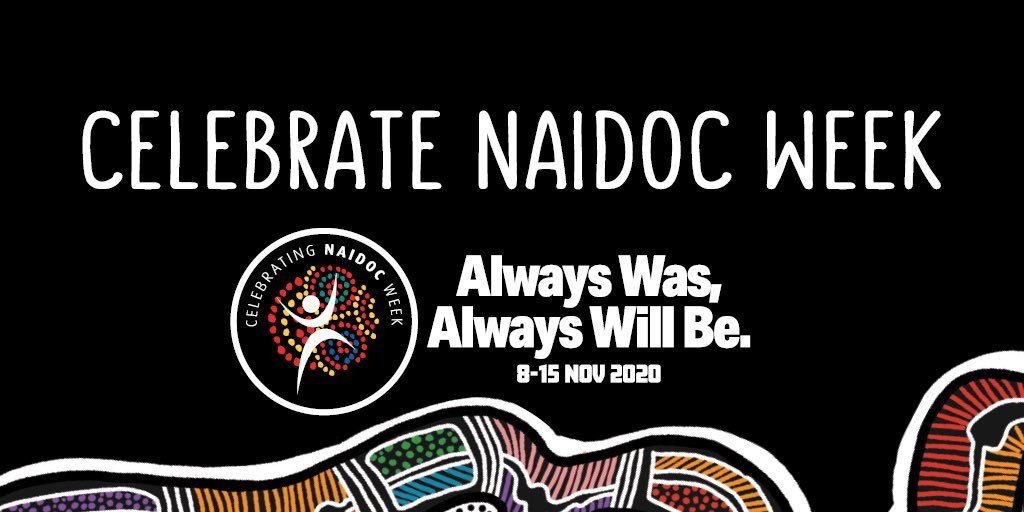 Karate champion Michelle Wilson and Beach Volleyballer Christopher McHugh met with Kaurna custodian Mickey Kumatpi O’Brien at the South Australian Sports Institute (SASI).
Karate champion Michelle Wilson and Beach Volleyballer Christopher McHugh met with Kaurna custodian Mickey Kumatpi O’Brien at the South Australian Sports Institute (SASI).
O’Brien said: “Sharing culture is something that our people have always and continue to do. Our people believe no one person holds all the knowledge and wisdom, it is shared. Culture enables us to connect and bring people together.”
Wilson said: “As an athlete I believe it is important that we learn more about the history of the land we train on as a way of gaining a deeper understanding of the country we proudly represent and the traditional custodians of that land,”
McHugh urged all athletes to learn more about the history of the land on which they train: “we are privileged to represent Australia in our chosen pursuit and in that we represent all Australians including our First Nations peoples.”
At Pizzey Park on the Gold Coast, Para-triathlete Katie Kelly was joined by Paddle Australia and Queensland Academy of Sport athletes to learn about the history of the traditional owners of the land, the Yugambeh people. Kelly said: “All of us can get a better understanding of our First Nations people and the spirituality and connection with the land. Reconciliation will make us a better and happier country.”
 Standing on the banks of Penrith’s Nepean River on Dharug country, custodian Uncle Lex Dadd shared his knowledge of the local land and waterways with Australian Rowers including Emma Fessey and Rowena Meredith, reflecting: “The more we talk, the more we yarn and collaborate with each other, not only will we have reconciliation between everyone, but we’ll have reconciliation for mother earth.”
Standing on the banks of Penrith’s Nepean River on Dharug country, custodian Uncle Lex Dadd shared his knowledge of the local land and waterways with Australian Rowers including Emma Fessey and Rowena Meredith, reflecting: “The more we talk, the more we yarn and collaborate with each other, not only will we have reconciliation between everyone, but we’ll have reconciliation for mother earth.”
Fessey said: “It was really valuable to learn about the river we train on every day and I think it’s something we can take with us on our journey forward.”
Para-cyclist Amanda Reid is proud of her Aboriginal heritage and took part in the event at Sydney’s Olympic Park: “Reconciliation means coming together and one path. Being Indigenous, I it was a great opportunity to share my culture.”
AIS CEO Peter Conde said: “The AIS is committed to creating positive and lasting change to reduce inequality between Aboriginal and Torres Strait Islander peoples and non-Indigenous Australians. These types of activities provide a genuine opportunity for athletes to engage in an open and two-way conversation, and help them gain the knowledge they need to empower them to be better role models for cultural understanding and inclusivity.”
The AIS established Share a Yarn this year to connect elite athletes with Indigenous communities to help raise cultural awareness throughout Australian high-performance sport. The 13-athletes involved in the inaugural program are a mix of both Aboriginal and Torres Strait Islander athletes, and non-indigenous athletes.
